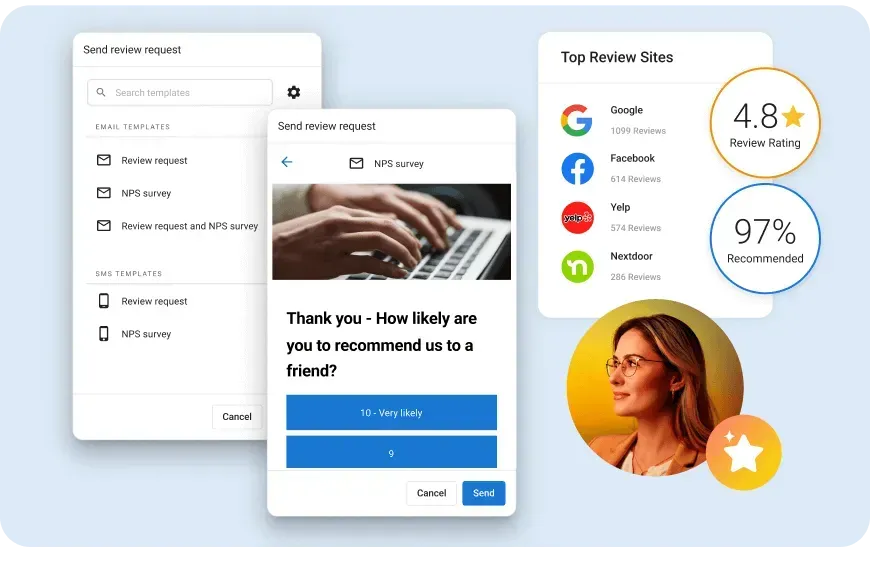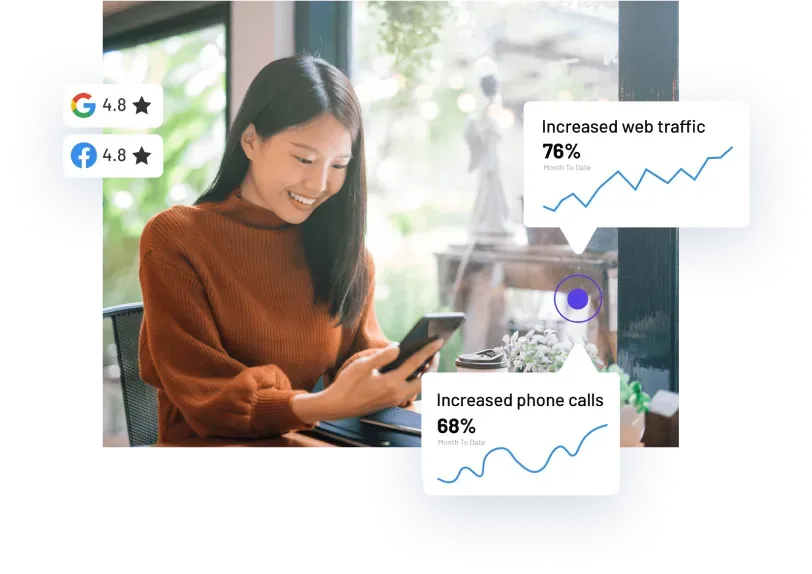HOW SOCIAL MEDIA AFFECTS BUYING DECISIONS
Have you ever wondered how Social Media effects buying decisions?

Have you ever wondered how Social Media effects buying decisions?
According to the stats, 71% of customers are more likely to make a purchase based on Social Media referrals.
Twitter is a top influencer when it comes to buying electronics. 49% of people use Facebook to find restaurants and 44% of potential customers say that they look for recommendations on their fave blogs before making a buying decision. That means you should not ignore the power of social media to influence people’s buying decisions.
Consider the fact that 32.5% of women say they’ve been influenced by a special promotion they saw on Facebook and moms are 45% more likely than other women to look for recommendations online before buying.
Those are figures you don’t want to ignore when women are still generally the decision-makers when it comes to buying household and baby products, and if you have a solid social media strategy in place, you can use those figures in a tactful way that makes women more likely to buy from you.
Although Facebook is still king when it comes to getting people talking about consumer products, you should not ignore other avenues for getting your products on social media sites. Blogs and forums are often overlooked in a social marketing strategy and the businesses that ignore these social media tools are missing out on sales. Adding a blog to your website is an excellent way to offer insider tips and tricks to maximize the value that potential customers get out of what you’re selling.
While a well-moderated forum will discourage the posting of any links that look like an attempt to spam, most forums are a bit more lenient about links in a forum signature and it’s not very difficult to build your reputation as someone who knows your stuff by spending a half hour a day answering other members’ questions on the most active forums that are related to your niche. When 44% of automotive consumers look for advice on a forum, this can be a half hour a day well-spent in using social media to reach an audience.
Above all, the existence of Social Media means that you can get consumers to do part of the marketing-related leg work for you by sharing your posts and talking about your products. This is the entire reason that affiliate marketing exists, but you don’t necessarily need to have a formal affiliate marketing program to get people talking about what you have to offer. A typical conversation about a product might be, “Hey, you look good, have you been hitting the gym?” “Oh, sure, I’ve been going to ABC Boxing Club.” See, they just talked about a real membership gym called ABC Boxing Club.
The ways that Social Media effects buying decisions is something you can take advantage of.

Your customers are already talking. The question is—are you in the conversation? With our Business App + AI tools, you can finally take control of your online reputation without losing hours of your day. It’s smart, simple, and built for small business owners who want to grow (without the grind). Best of all, you can start FREE. Sign up here

Throughout this guide, we've explored how startups can use digital marketing to not only compete but excel, without the need for large budgets. From the targeted precision of email marketing to the expansive reach of social media, these tools provide a foundation for robust online engagement. Google's suite of tools enhances visibility and insights, while content marketing establishes your brand's authority and connects deeply with your audience.

In the fast-paced world of customer service, AI-powered chatbots are making significant strides, enhancing the way businesses interact with their customers. These tools are reshaping customer engagement, offering solutions that are immediate and increasingly personalized. Yet, one might wonder, can a machine truly understand and adapt to the diverse needs of customers?

Have you ever wondered how the simple act of speaking to a device could fill your shopping cart? Voice-activated shopping is a rapidly growing trend that's reshaping how we buy. With 27.4% of consumers already using intelligent assistants for their purchases, it's clear that this technology is establishing a significant presence.

This article explores the essential strategies for building and nurturing an online community that aligns with your brand’s values and business goals. How do you identify the right audience, and what platforms best host your budding community? These questions are pivotal as we explore the art of community engagement.

This guide explores practical strategies for safeguarding and enhancing your brand's reputation, ensuring it remains resilient against the ever-changing digital backdrop. What role does social media play in shaping how potential clients see you, and how can you turn sustainability into a compelling narrative for your audience?

Have you ever wondered why we often check online reviews before buying a product or choosing a restaurant? This behaviour is rooted in the concept of social proof, a psychological phenomenon where people assume the actions of others reflect correct behaviour for a given situation. In digital marketing, harnessing this powerful tool can significantly enhance your brand's credibility and influence consumer decisions. But how exactly can you leverage social proof to meet and exceed your marketing goals?



















